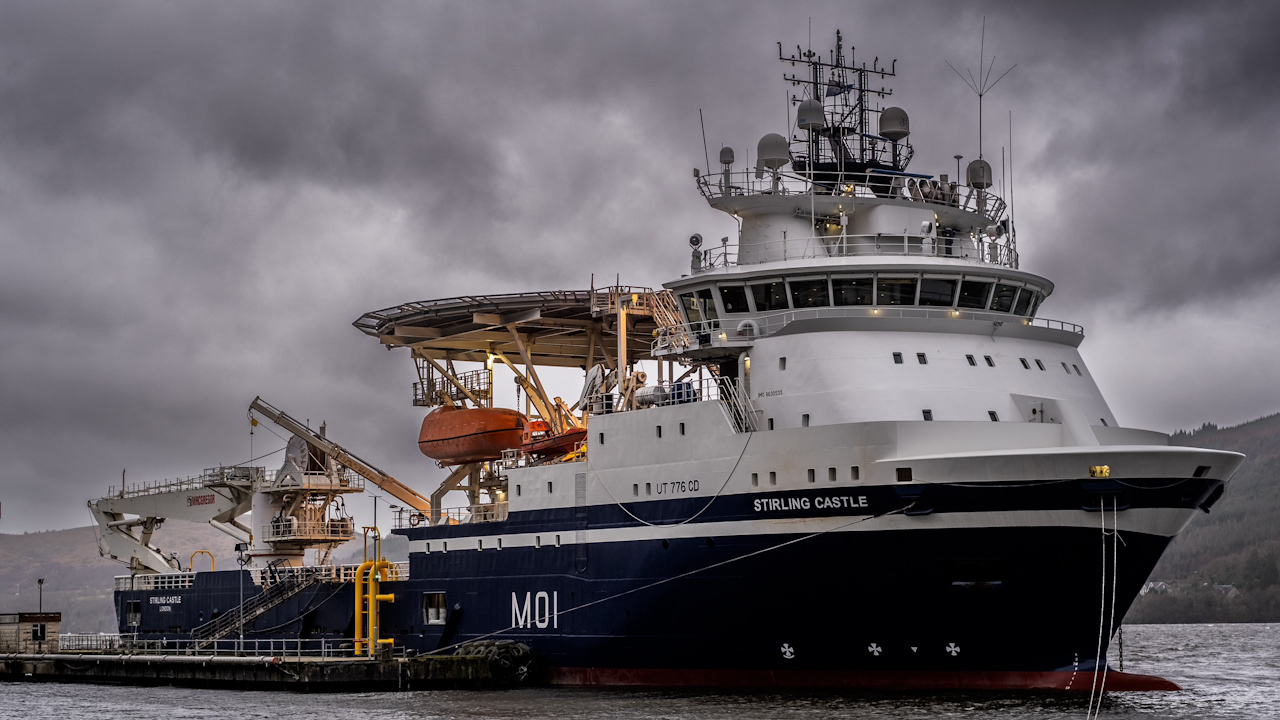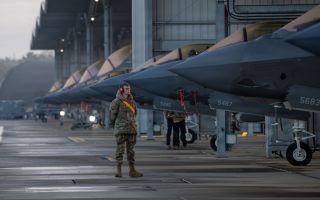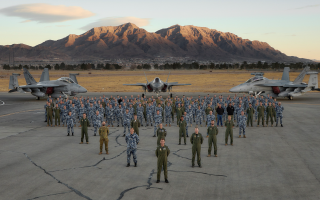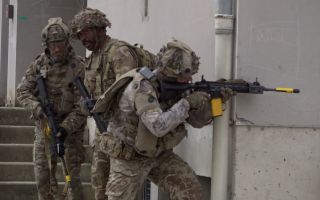
Royal Fleet Auxiliary members accept pay offer, easing tensions amid long dispute

Personnel from the Royal Fleet Auxiliary (RFA) have accepted an improved pay offer, following a long-running dispute.
The Rail, Maritime and Transport (RMT) union said the deal includes "significant uplifts" in salaries, including back pay which will contribute towards addressing the "suppression" of pay from previous years.
The RFA has voted to accept the offer, which will hopefully bring some relief to an organisation struggling with staff retention, strikes and keeping its ships at sea.
RMT general secretary Mick Lynch said: "This is a fantastic result for our RFA members, who've stood strong, united and taken several bouts of strike action during this dispute.
"They've secured real-terms pay increases, important improvements to their working lives and I thank them for their efforts.
"This agreement lays the groundwork for securing their future and vital role assisting the Royal Navy.
"RMT will keep fighting to ensure the contributions of RFA workers are properly recognised going forward."
He added: "We now go into a phase of serious discussions with the RFA and MOD on the future structure of the RFA, their conditions of service and salaries in which we expect to make further significant improvements for our members."
Despite being crewed by civilians, the RFA often operates alongside the Royal Navy, although the prefix for each of its vessels is RFA rather than HMS.
Reportedly there is growing frustration within the RFA as many feel they are being used as substitutes for Royal Navy vessels on operations while earning lower wages.
In recent years, less staff has meant the organisation is less able to keep as many ships in operation.
Due to falling staff numbers, the RFA has struggled to keep its seagoing tankers at sea, causing concerns about how the Royal Navy would practise the transfer of solid stores, including bombs and food if the RFA ships were not to sail.









